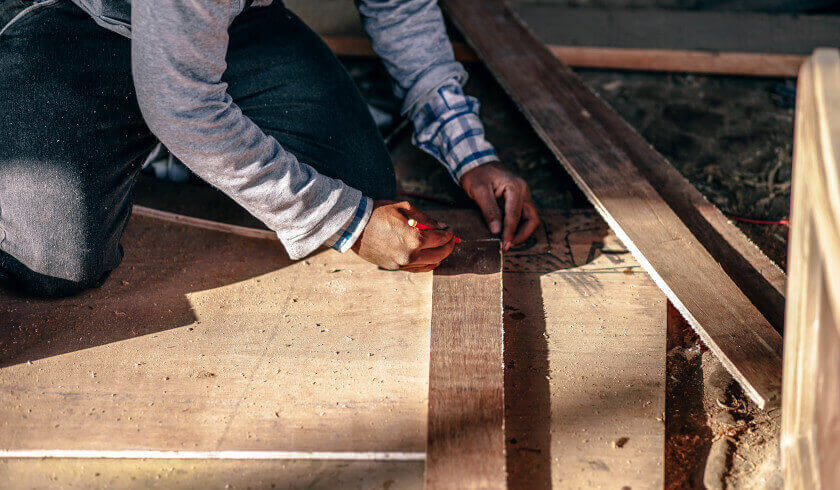The most important thing to remember when doing renovations
Property investors know that doing renovations is one of the ways to increase the value of their assets, but in all major property decisions, one must be careful not to be swayed by public opinions or uneducated generalisations.

For the past 13 years, MJ Anthony has worked hard to build and sustain his 12-property portfolio, which has grown to be worth more than $2 million. However, he admits that he has not done any major renovations to avoid “throwing too much money” at a property.
To continue reading the rest of this article, please log in.
Create free account to get unlimited news articles and more!
“[I haven’t done] major structural ones. My Wellington ones are all little minor ones… The first property I bought in Wellington, apart from it being renoed originally, I renovated it last year—painted the outside, painted the inside, new carpet, turfed the back yard. Probably spent 10 grand, all up, [then] the valuation came back five grand more,” he shared.
“The value was being really, really negative, so I'm like, ‘Well, there's no point throwing heaps of money at this and hoping that the valuation will be high…’ Regional markets aren't the same as Sydney.”
While it is advisable to educate yourself through podcasts or seminars, Smart Property Investment’s Phil Tarrant reminds all people in the business of creating wealth through property that no one journey is the same as another.
It will always be best for an investor to actually study his own property portfolio and base his resolve on its performance, especially for major decisions like renovations.
Most of the time, according to him, the best renovations are the renovations that one does not do.
“You need to look at every single potential renovation as own case value. That's gonna be down to: What is the product you have? What can you turn that product into? How much is that gonna cost me to do that? What is the potential upside? Am I looking to flip it? Am I looking to refinance?” Phil said.
“If markets won't sustain that often, you just need it to be good enough to maintain your rent, or if you want to spend a few bucks to try and increase it, that's cool, [because you can] improve your cash flow.”
MJ follows the same principle from the beginning of his journey and has since saved a lot of money, which he uses to continue growing his portfolio.
The property investor shared: “My most recent purchase, I literally spent nothing on it, in terms of fixing anything, because everything was okay… My tenants haven't complained yet, so I'm like, ‘Ah, I'm gonna paint that, but maybe in 12 months time. I'm gonna defer the maintenance.’”
“If you don't need to spend it, it's still functional, then you're probably throwing money down the toilet,” he concluded.
Tune in to MJ Anthony’s bonus episode on The Smart Property Investment Show to know more about how to find and keep the perfect property manager and how to avoid being a difficult landlord.


